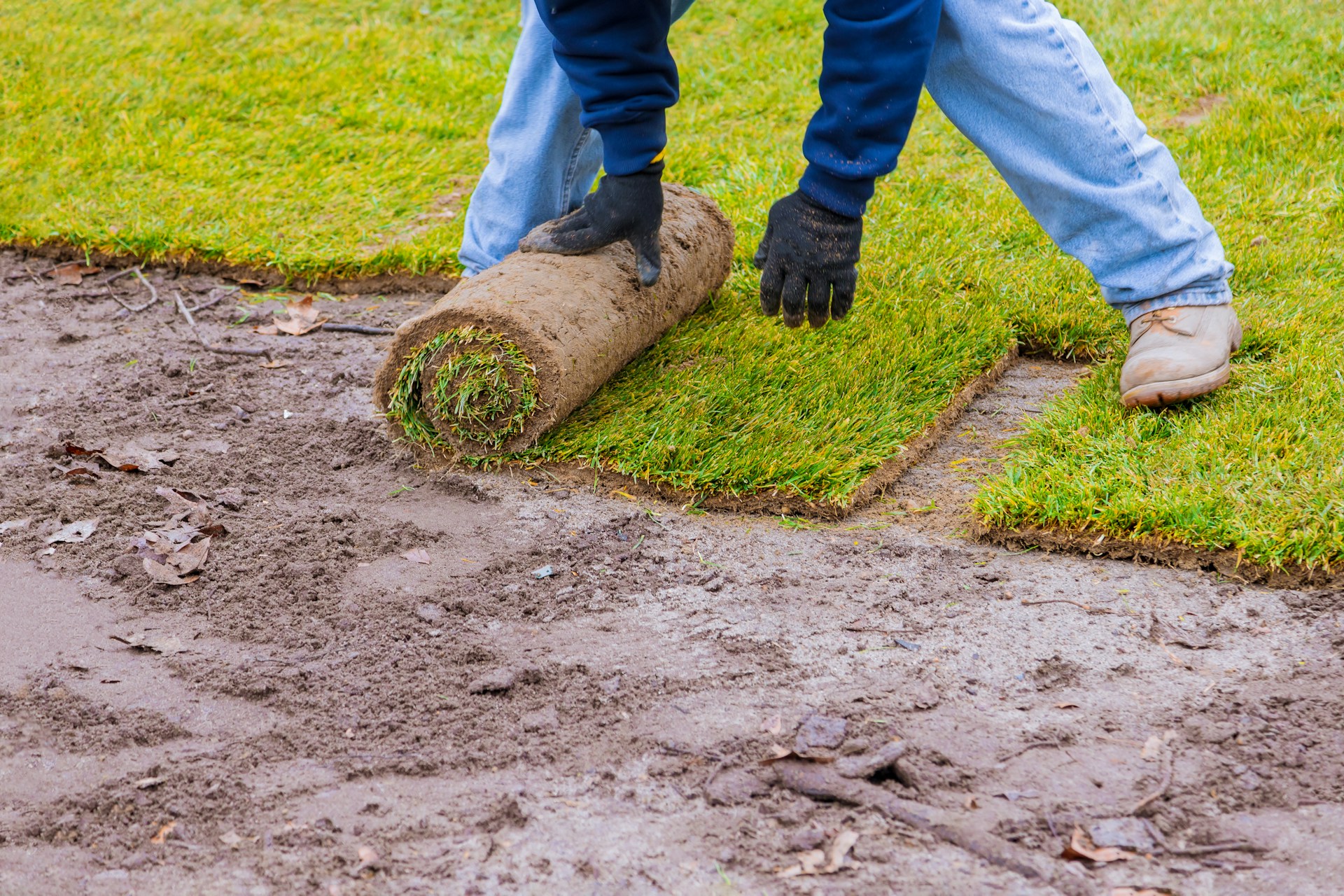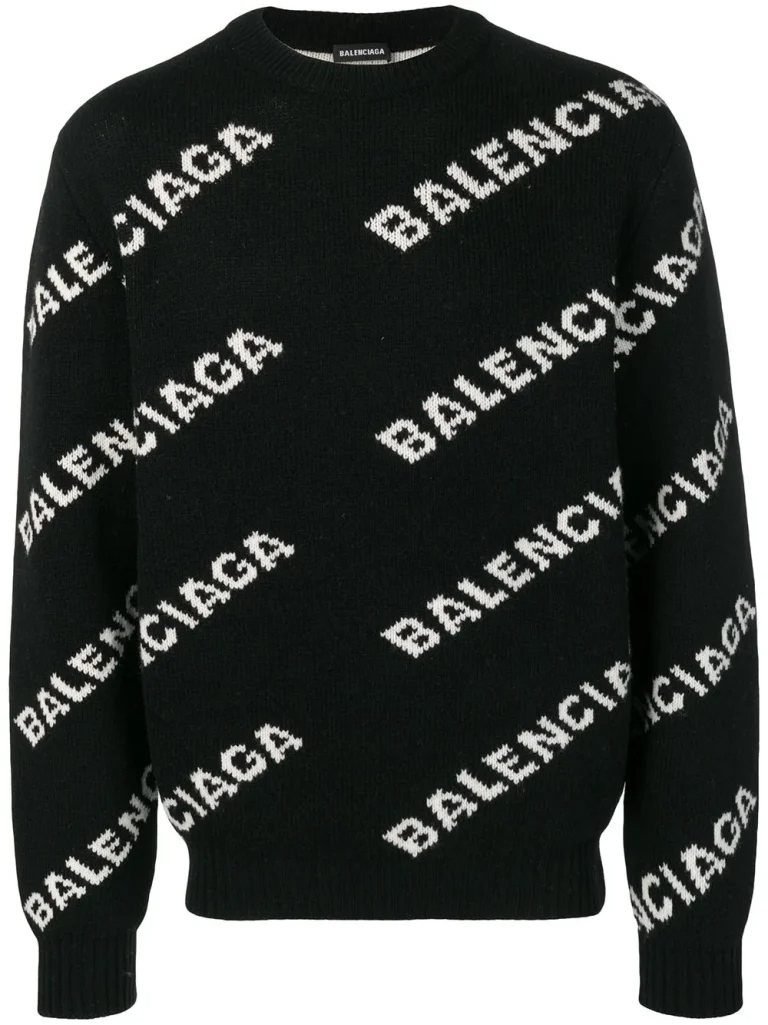When it comes to enhancing the beauty of your lawn or landscaping project, choosing the right sod supplier is crucial. Sod, also known as turfgrass, provides an instant solution to achieve a lush green lawn without the wait associated with growing grass from seeds. However, not all sod suppliers are created equal. Factors such as quality, pricing, customer service, and delivery options play a significant role in determining the right sod supplier for your needs. In this comprehensive guide, we’ll delve into the key considerations and tips to help you choose the perfect sod supplier.
1. Quality of Sod:
The quality of sod is not just a matter of aesthetics; it’s the foundation of a healthy, thriving lawn. Before choosing a sod supplier, it’s crucial to delve into the specifics of their sod quality. Start by understanding the types of grass they offer. Different grass varieties have distinct requirements and excel in particular climates and soil conditions. Ensure that the supplier provides sod varieties tailored to your region’s unique environmental factors, such as sun exposure, rainfall, and soil type.
Inquire about the supplier’s sod farming practices to gauge their commitment to quality. High-quality sod is a result of meticulous cultivation techniques. Ask about their irrigation methods to ensure consistent moisture levels, as proper watering is essential for sod establishment. Inquire about fertilization practices to ascertain that the sod receives adequate nutrients for healthy growth. Additionally, inquire about disease control measures to prevent common turfgrass issues that can impact the longevity of your lawn.
For a firsthand assessment of sod quality, consider visiting the supplier’s sod farm or requesting samples. Observing the sod’s thickness, color, root structure, and overall health can provide valuable insights into its quality. Look for uniformity in texture and density, as well-maintained sod typically exhibits these characteristics. Ultimately, investing in high-quality sod sets the stage for a lush and resilient lawn that enhances your property’s curb appeal and usability.
2. Reputation and Experience:
The reputation and experience of a sod supplier are indicative of their reliability, expertise, and commitment to customer satisfaction. When evaluating suppliers, prioritize those with a solid reputation built on trust and positive feedback from clients. A reputable supplier is transparent about their track record, emphasizing their years of experience and successful projects.
Researching online reviews and testimonials offers valuable insights into a supplier’s reputation. Pay attention to customer experiences regarding sod quality, delivery punctuality, and overall satisfaction. Positive reviews highlight a supplier’s ability to meet customer expectations consistently. Additionally, seek recommendations from friends, neighbors, or landscaping professionals who have firsthand experience with sod suppliers.
Industry associations and certifications can further validate a supplier’s credibility. Look for affiliations with organizations dedicated to promoting excellence in turfgrass production and environmental stewardship. Certifications related to sustainable practices, quality standards, and customer service excellence reflect a supplier’s commitment to industry best practices.
A reputable supplier willingly shares information about their experience, certifications, and customer testimonials. They prioritize transparency and strive to build lasting relationships with clients based on trust and mutual respect. Choosing a supplier with a proven reputation and extensive experience ensures a smooth sod purchasing process and satisfactory results for your lawn project.
3. Pricing and Value:
While price is an important factor, it should not be the sole determinant when choosing a sod supplier. Consider the overall value you receive, which includes not just the cost of sod but also factors such as sod quality, delivery options, customer support, and post-purchase care.
Obtaining quotes from multiple sod suppliers and comparing them based on the type and quality of sod offered is essential. However, it’s crucial to go beyond the price tag and assess the value proposition. For instance, a slightly higher-priced supplier may offer superior sod quality, better customer service, and more reliable delivery options, ultimately providing better overall value for your investment.
Beware of extremely low prices, as they may indicate inferior sod quality or hidden costs. Suppliers offering significantly lower prices may cut corners on sod cultivation practices, resulting in lower-quality turf that may not thrive as expected. Additionally, hidden costs such as delivery fees or additional charges for premium services can add up, impacting the overall value proposition.
Opt for suppliers that strike a balance between competitive pricing and quality offerings. A supplier that offers transparent pricing, clear breakdowns of costs, and detailed information about their sod varieties can help you make an informed decision based on both price and value considerations.
4. Customer Service and Support:
Excellent customer service can make a significant difference in your sod buying experience and the long-term success of your lawn. When choosing a sod supplier, prioritize those that provide responsive and knowledgeable customer support.
A reputable supplier should be able to assist you with a range of inquiries, including information about different sod varieties, best practices for installation, maintenance guidelines, and troubleshooting common lawn issues. Their customer support team should be accessible via multiple communication channels such as phone support, email, live chat, and social media platforms.
Evaluate the supplier’s communication channels and responsiveness. A supplier who values customer satisfaction will have a well-trained and helpful support team that can address your concerns promptly. Look for additional resources such as FAQs, installation guides, and maintenance tips on their website, which can be invaluable in ensuring the success of your sod project.
Furthermore, consider the supplier’s post-purchase support. Do they offer assistance with sod installation or provide guidance on proper care and maintenance after the sod is installed? A supplier that offers comprehensive support throughout the entire sod buying and installation process adds significant value to your experience.
5. Delivery Options and Timing:
Timely delivery is crucial when it comes to sod, as it is a perishable product that needs to be installed promptly for optimal results. When evaluating sod suppliers, inquire about their delivery options and timing to ensure a smooth and hassle-free experience.
A reliable supplier will offer a range of delivery options to accommodate your schedule and location. Inquire about delivery fees, delivery zones, and any minimum order requirements that may apply. Transparent information about delivery costs and timelines helps you plan accordingly and avoid unexpected delays or expenses.
Discuss the estimated delivery timeline with the supplier, taking into account factors such as weather conditions and seasonal variations. Some suppliers may offer expedited delivery options for urgent projects or provide flexible scheduling options to meet your specific needs.
Additionally, consider the supplier’s track record in terms of on-time deliveries and customer satisfaction with the delivery process. Reviews and testimonials from past customers can provide insights into the supplier’s reliability and efficiency when it comes to delivering sod products.
By prioritizing factors such as pricing value, customer service, and delivery options, you can choose a sod supplier that not only meets your budgetary requirements but also delivers high-quality turf and exceptional support for a successful lawn project.
6. Environmental Considerations:
In today’s world, environmental sustainability is a crucial factor to consider in every aspect of our lives, including landscaping choices. When choosing a sod supplier, it’s essential to look beyond just the quality of their products and also consider their environmental practices. Opting for a supplier that prioritizes sustainable farming practices not only benefits the environment but also contributes to the long-term health and beauty of your lawn.
One of the key environmental initiatives to inquire about is the supplier’s water conservation practices. Sustainable sod farming involves efficient irrigation techniques that minimize water wastage and promote water conservation. Ask the supplier about their irrigation methods, such as drip irrigation systems or rainwater harvesting, which can significantly reduce water usage compared to traditional irrigation methods.
Additionally, inquire about the supplier’s use of organic fertilizers and soil amendments. Organic fertilizers are derived from natural sources and promote soil health and microbial activity without the harmful effects of synthetic chemicals. Suppliers that prioritize organic fertilizers contribute to healthier soil ecosystems, reduced chemical runoff, and overall environmental sustainability.
Another aspect to consider is the supplier’s recycling efforts. Sustainable sod suppliers often implement recycling programs for materials such as plastic packaging, pallets, and other waste generated during sod production and delivery. Supporting suppliers with robust recycling initiatives helps reduce landfill waste and promotes a circular economy approach to resource management.
By choosing an eco-friendly sod supplier that implements water conservation practices, uses organic fertilizers, and prioritizes recycling efforts, you not only contribute to a healthier ecosystem but also create a more sustainable landscape that benefits both the environment and future generations.
7. Warranty and Guarantee:
When investing in sod for your lawn or landscaping project, it’s crucial to ensure that you’re protected against any unforeseen issues that may arise. A reputable sod supplier will offer a warranty or guarantee that stands behind the quality of their products and provides coverage for potential issues that may occur post-purchase.
When inquiring about the supplier’s warranty policy, ask about the duration of the warranty and what it covers. A comprehensive warranty should include coverage for sod defects, such as issues with grass health, color, or uniformity. It should also cover pest infestations that may affect the sod’s health and appearance.
Additionally, inquire about coverage for poor establishment, which refers to difficulties in getting the sod to take root and thrive after installation. A good warranty should provide remedies or replacements in case the sod fails to establish properly due to factors beyond your control, such as unfavorable weather conditions or soil issues.
It’s important to carefully read and understand the terms and conditions of the warranty to ensure that you’re fully protected. Pay attention to any exclusions or limitations that may apply and clarify any doubts with the supplier before making a purchase. A transparent and customer-friendly warranty policy indicates that the supplier is confident in the quality of their sod and is committed to customer satisfaction.
By choosing a sod supplier with a reliable warranty or guarantee, you gain peace of mind knowing that you’re covered in case of any issues with the sod, allowing you to enjoy a beautiful and healthy lawn without worries.
8. Installation Services:
Proper installation is key to the success of your sod and the overall health of your lawn. While some homeowners may have experience with sod installation, others may prefer professional assistance to ensure optimal results. Many sod suppliers offer installation services or provide detailed instructions and guidance for DIY installations.
If you’re not experienced in sod installation or prefer professional assistance, consider choosing a supplier that offers installation services. Professional installers have the knowledge, skills, and equipment to prepare the soil, lay the sod correctly, and ensure proper establishment. They can also provide valuable tips and advice on post-installation care to maximize the sod’s health and longevity.
Alternatively, if you prefer to install the sod yourself, opt for a supplier that provides comprehensive installation instructions and support. The supplier should offer guidance on soil preparation, sod handling, watering schedules, and maintenance practices to help you achieve the best results.
Before purchasing sod, inquire about the supplier’s installation services or support options. Clarify any costs associated with professional installation services and ensure that you have access to the resources and information you need for successful DIY installation. Proper installation, whether done professionally or by yourself, is crucial for the sod to take root, establish well, and thrive in your lawn for years to come.
Conclusion:
Choosing the right sod supplier involves careful consideration of factors such as sod quality, reputation, pricing, customer service, delivery options, environmental practices, warranty, and installation services. By thoroughly researching and comparing different suppliers based on these criteria, you can make an informed decision that leads to a beautiful and healthy lawn for years to come. Remember to prioritize quality and value when selecting a sod supplier, as they are key to achieving the desired results for your landscaping project.











